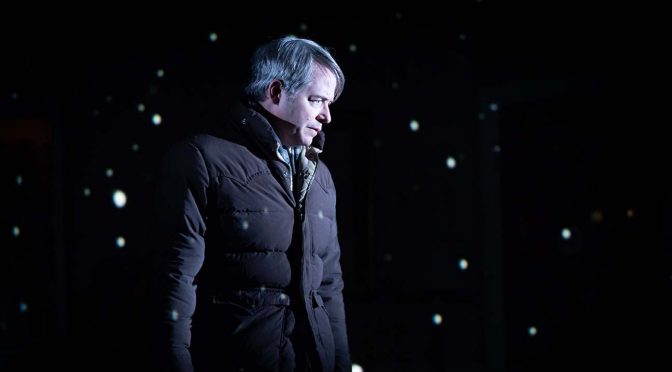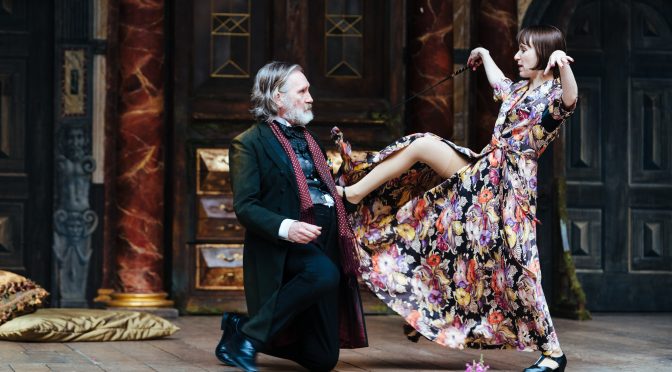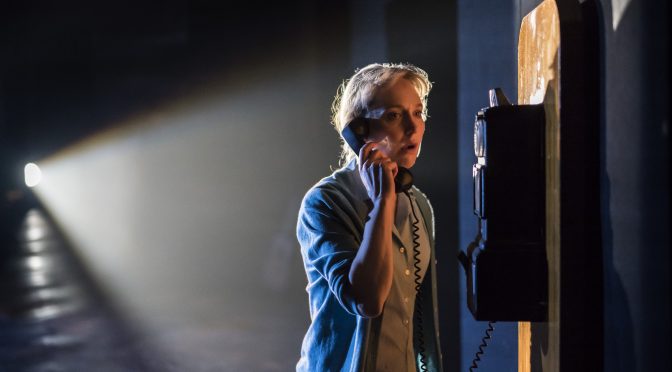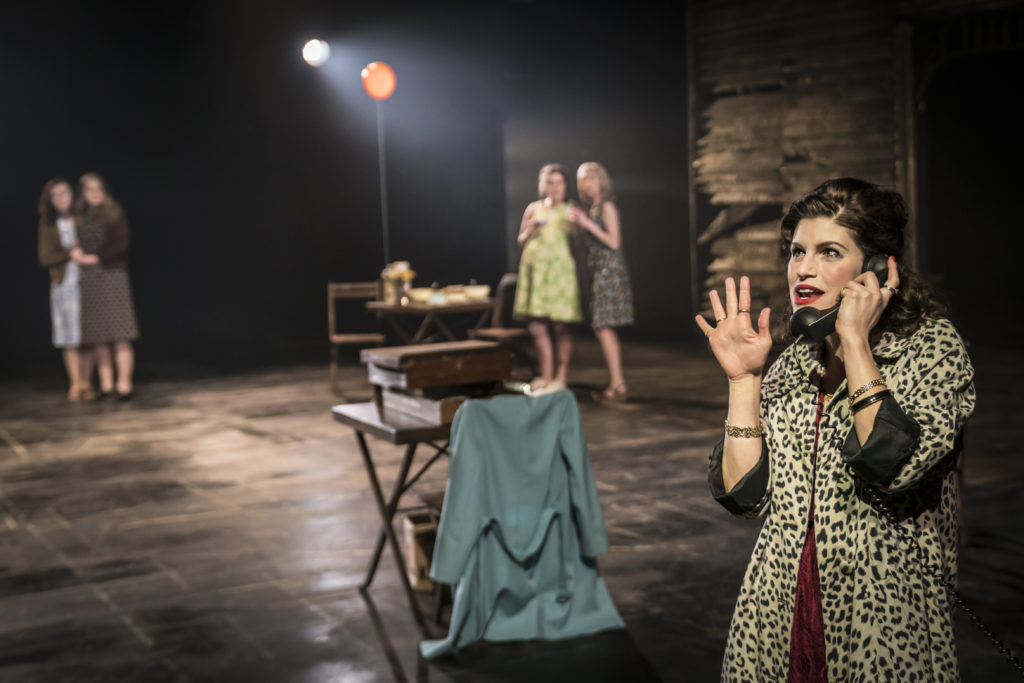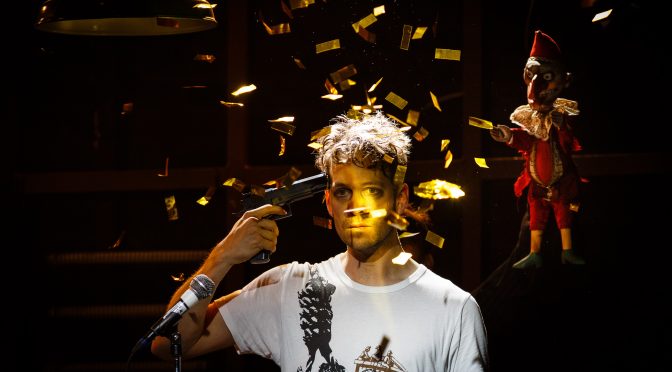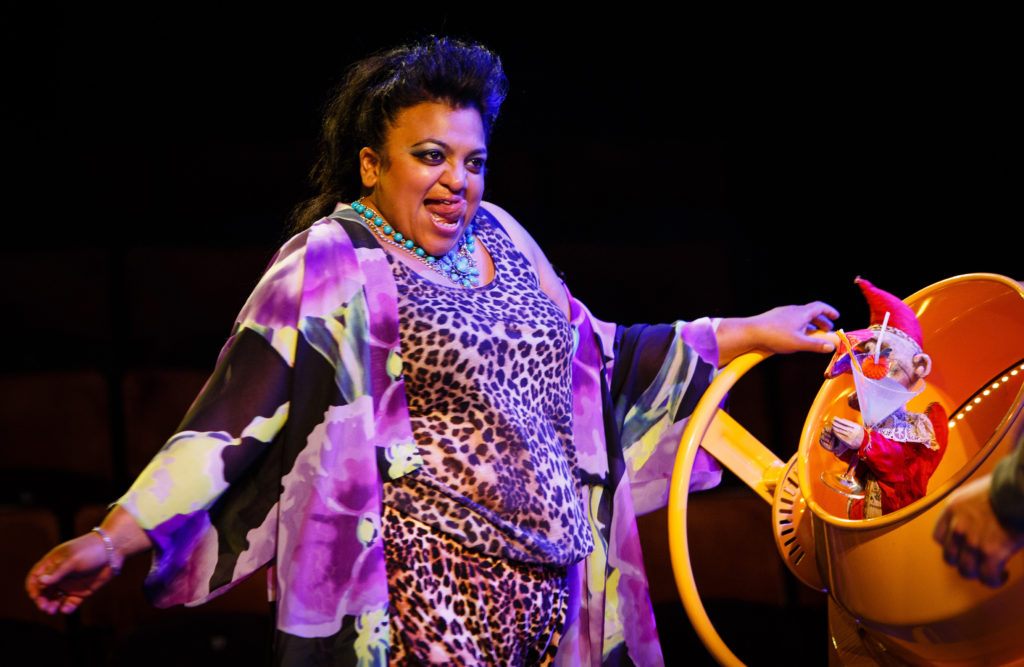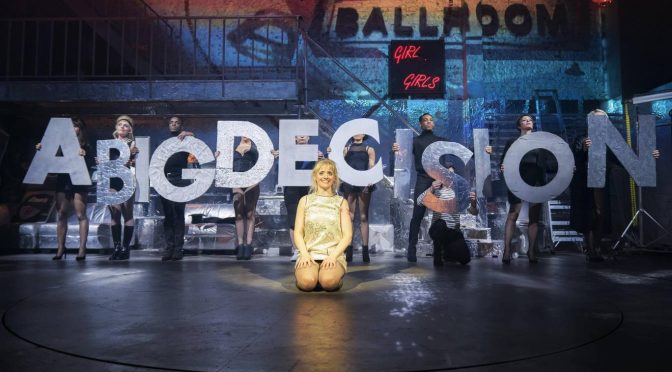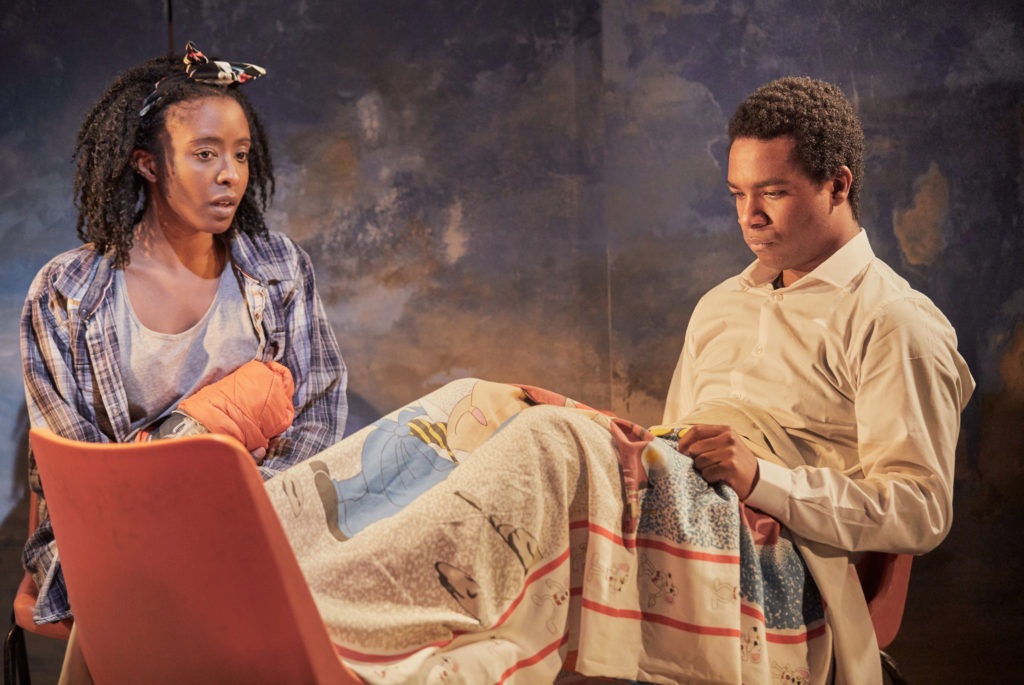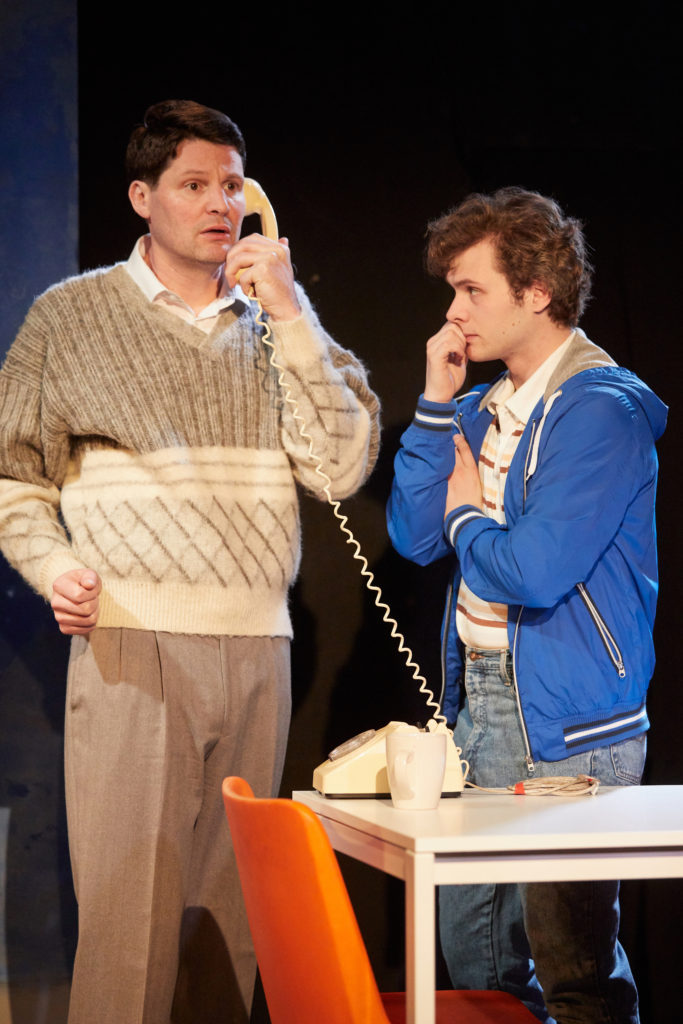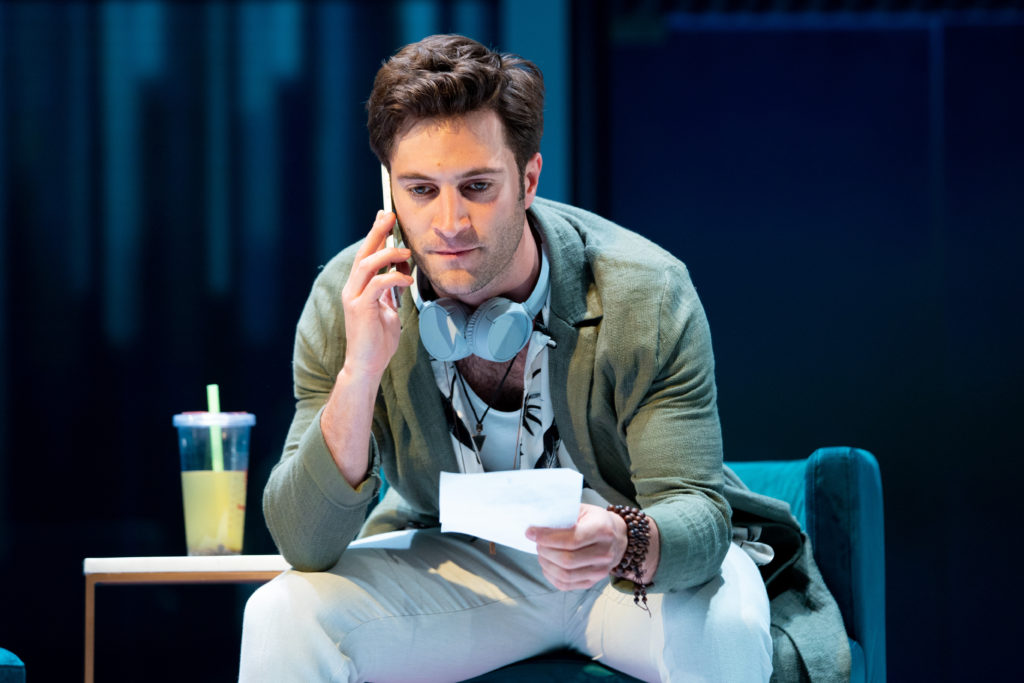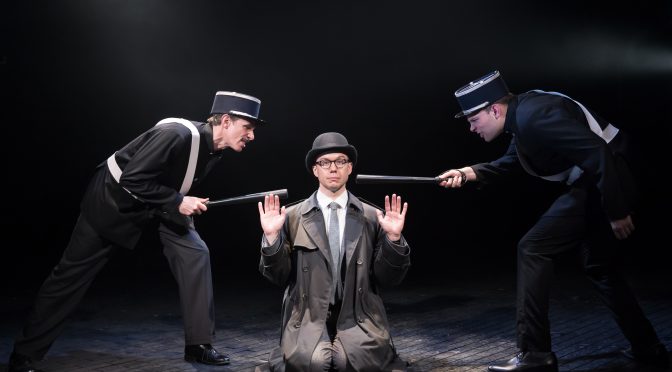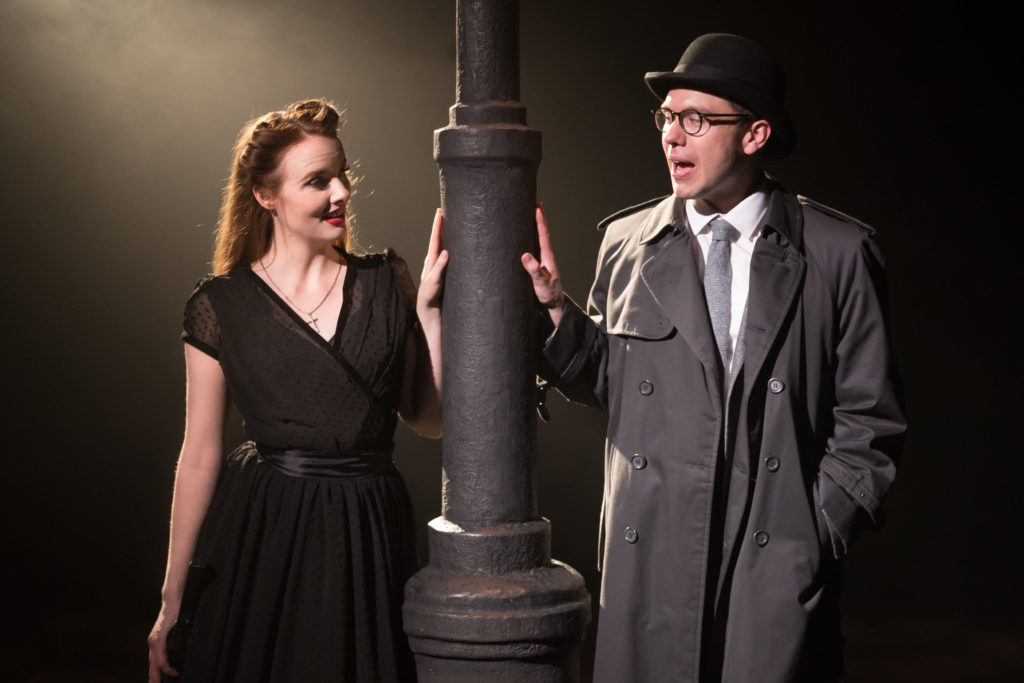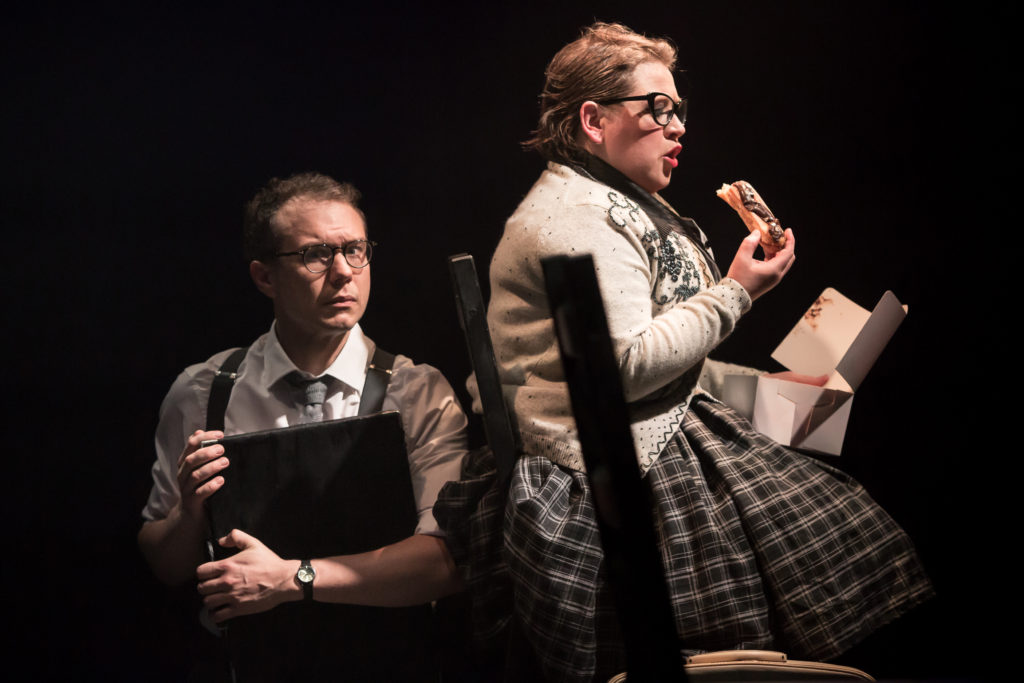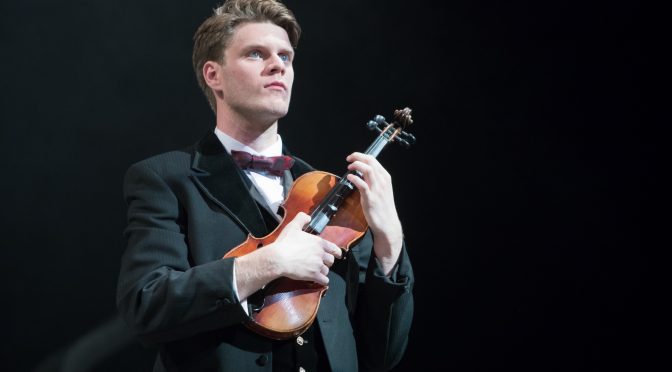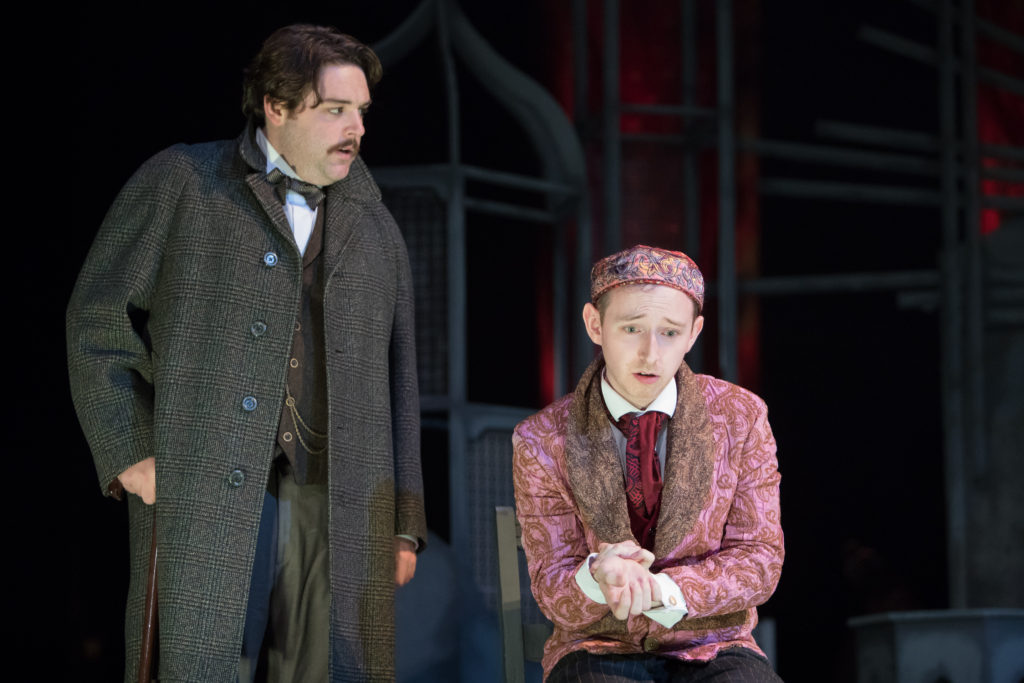Reprising his mammoth role in Kenneth Lonergan’s 2009 play proves an undoubted triumph for Matthew Broderick. As Mark, a “pedestrian” teacher of astronomy classes, Broderick delivers the text’s wit perfectly and sparse moments of emotion are superbly handled. But consider what an odd creation Mark is, being notable for dead-pan defeatism, extraordinary patience and unbelievable politeness. It’s a bizarre idea for a play to revel in how boring the main role is. Broderick meets the challenge with winning appeal and remarkable control. Yet nothing can make time with this character and his mid-life crisis stellar.
Lonergan’s odd strategies are clear in his dialogue, too. Ruthlessly pursuing a mundane realism means that long conversations go nowhere and are filled with pointless details. It’s an achievement of sorts but hard work for an audience. And, in case you’re wondering, we’re not talking metaphors here – Mark is insistent about that! As for the play’s plots, to have so many stories covering so many themes – death, divorce, family, faith and education – then not to develop them must be deliberate. The quirkiness has a certain charm, which director Sam Yates does an expert job in delivering. And yet… Presenting us with the cosmos and dry cleaning – big themes and minutiae – may take us close to everyday life, but it makes for pretty dull theatre.
There’s plenty to appreciate as Lonergan downplays the various dramas he sets up. Yates garners superb performances from a talented cast that form a collection of scenes with memorable moments. Elizabeth McGovern does well as Mark’s long-suffering wife, while Jim Norton gives a strong performance as a man at the end of his life. Even Mark’s pupils are well delineated (Jenny Galloway and Sid Sagar) although far too much time is spent in these scenes. And Rosalind Eleazar nearly steals the show as a nurse in training who starts an affair with Mark. Managing to make her passion for the man believable is no small achievement.
There’s a warm glow from all the characters – more or less reasonable, articulate and well-motivated – which indicates Lonergan is making a point, again. It’s another way to stifle drama. Most of us walking in on an illicit kiss would surely react a little more pointedly than we see here. For The Starry Messenger it all seems to be something to shrug at. That life has no meaning is a little too clear, and religion and spirituality are dismissed too repeatedly – at least to make good drama. But, like it or not, most of us search for insights from a play. What this one has to say about morality and mortality ends up slim. Three hours is a long time to point out that people are insignificant specks in the universe. Such a message is hardly out of this world.
Until 10 August 2019
Photo by Marc Brenner

